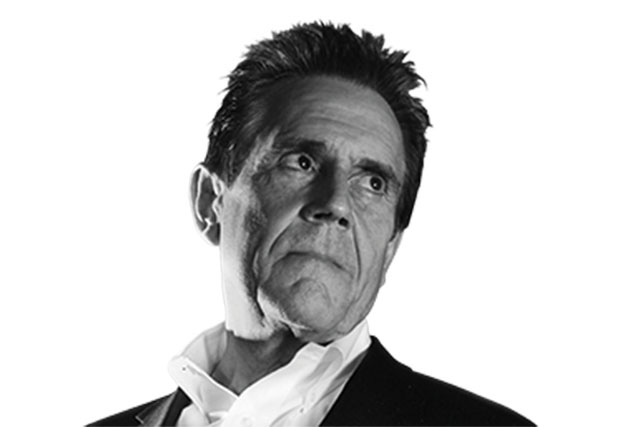About 20 years ago, a woman scalded herself on a cup of McDonald’s takeaway coffee.
She was awarded nearly $3m in damages.
The bare facts make it sound like a frivolous case and a silly decision.
What did she expect? Everyone knows coffee is hot.
The interesting part for us is how a jury reached a decision to award her such a vast amount of money.
In 1992, Stella Liebeck bought a coffee at McDonald’s.
She was nearly 80, she sat in the car and took the lid off to add sugar and milk.
The coffee spilled in her lap.
It was scalding hot: Stella had third-degree burns to her legs, buttocks and genital area.
She had skin grafts and lost 20% of her body weight.
She asked McDonald’s to pay her hospital bills: $18,000.
It refused.
Now here’s where it gets interesting for us.
When the case went to court, one of the main points was the temperature McDonald’s served its coffee at: 190 degrees.
Coffee is too hot to drink at this temperature – it would burn the mouth.
Stella’s lawyer noted that, between 1992 and 1994, McDonald’s had 700 lawsuits for people being burned by scalding coffee.
In court, Stella’s lawyer asked the McDonald’s spokesman if it intended lowering the temperature of its coffee.
The spokesman said it didn’t.
Stella’s lawyer asked why.
The spokesman said that 700 was a "statistically insignificant" number when measured against annual sales of billions of cups of coffee.
So McDonald’s defence was based solely on data.
Stella’s lawyer then said the following:
"I’m curious because 700 people have been burned by McDonald’s coffee. Obviously, 700 people is not a significantly high enough number for you to turn down the heat.
"Do you have in mind a number of how many people would have to be burned for you to become so concerned that you would insist that burn specialists be consulted and something be done to sell this coffee at a lower temperature?"
McDonald’s spokesman said they did not.
At that point, something shifted in the jury’s mind.
One juror said: "Until that point, it seemed silly that I needed to be there to settle a coffee spill."
Another juror said: "At that point, they showed a seemingly callous disregard for the safety of the people."
Yet another juror said: "There was a person behind every number and I don’t think the corporation took that seriously."
The jury awarded Stella damages of $200,000.
They then awarded her punitive damages of $2.7m.
Punitive damages are meant to send a message to the party responsible.
So the jury used some data of their own.
McDonald’s coffee sales were $1.35m per day.
So two days’ sales should make McDonald’s pay attention to people instead of just numbers.
What McDonald’s had done in reducing people to mere data had made the jury angry.
And the jury was made up of people, not data.
So the jury reacted emotionally.
That’s what happens when you reduce people to data.
Dave Trott is the author of Creative Mischief, Predatory Thinking and One Plus One Equals Three.


